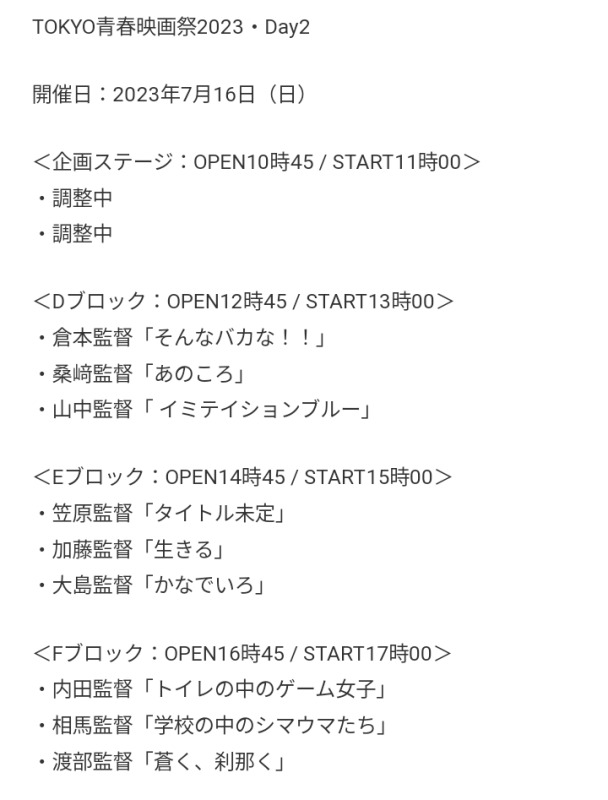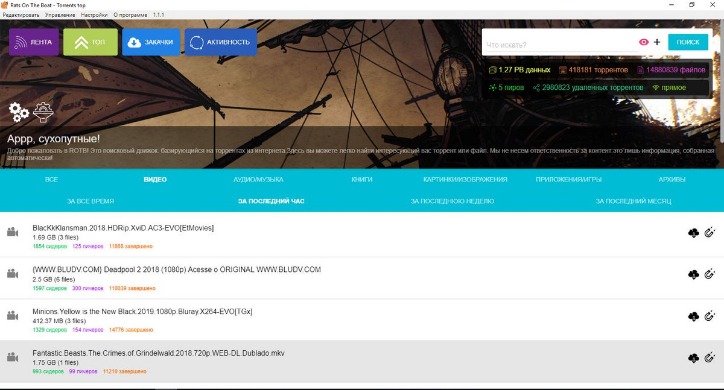The heart of the internet

The internet has revolutionized the way we communicate, trade, and access information, serving as the backbone of modern society. At its core lies a vast network of servers, data centers, and infrastructure that enable seamless connectivity worldwide. However, beneath this surface, there exists a shadowy realm known as darkmarkets, where illegal transactions and illicit activities often take place. These hidden marketplaces operate anonymously, making it difficult for authorities to regulate or shut them down. For those interested, there are various resources and tools available for exploring this clandestine world, such as specialized access points. Understanding the structure and function of darkmarkets is essential for grasping the complexities of digital crime and cybersecurity challenges today.
How Boutique Darknet Markets are Making Drug Busts Harder DarkBlue Intelligence
The dark web has transformed into a complex digital ecosystem that challenges law enforcement agencies worldwide, especially when it comes to combating illegal activities. One of the most significant contributors to this challenge is the rise of boutique darknet markets. These specialized platforms operate with a focus on privacy, exclusivity, and innovation, making it increasingly difficult for authorities to detect and dismantle illegal operations, particularly those involving drug trafficking. The secretive nature of these marketplaces, combined with advancements in encryption and anonymization tools, positions them at the heart of the internet’s underground economy.

Boutique darknet markets differentiate themselves from broader marketplaces by emphasizing niche products, high security, and user trust. They often utilize sophisticated methods to evade detection, such as decentralized hosting, multi-layered encryption, and strict vetting processes for vendors and buyers. This creates a resilient network that is resistant to law enforcement efforts, complicating drug busts significantly. The proliferation of these markets has contributed to a darker side of internet commerce, where illegal drugs are readily available through anonymous transactions.
- Increased Privacy and Security Measures: Boutique darknet markets employ advanced encryption, multi-signature wallets, and decentralized hosting to protect user identities and transaction details, making it harder for authorities to intercept illegal activities.
- Exclusivity and Trust Factors: These platforms often feature vetting procedures, reputation systems, and invite-only access to foster a sense of security among vendors and buyers, further complicating law enforcement efforts.
- Use of Innovative Technologies: The integration of blockchain, cryptocurrencies, and other emerging tech enables anonymous, trace-resistant transactions that hinder traditional investigative techniques.
- Fragmentation of Markets: The proliferation of smaller, specialized darknet markets disperses illegal activity across numerous platforms, reducing the likelihood of large-scale busts and seizure operations.
- Operational Security Practices: Vendors and buyers frequently adopt rigorous operational security measures, including compartmentalization of identities and communication channels, making surveillance and infiltration more challenging.

Ultimately, the evolution of boutique darknet markets, with their focus on privacy, exclusivity, and technological sophistication, is making drug busts increasingly difficult. Law enforcement agencies need to adapt by developing new investigative techniques and fostering international cooperation to address these clandestine networks effectively. The dark web’s complex landscape underscores the importance of continuous innovation in cybersecurity and strategic enforcement to combat illegal trades thriving in these hidden marketplaces.
Office of Public Affairs Three Germans Who Allegedly Operated Dark Web Marketplace with Over 1 Million Users Face U S. Narcotics and Money Laundering Charges United States Department of Justice
The darkmarkets have become a controversial yet integral part of the internet’s unseen landscape, serving as hubs for illicit activities that challenge law enforcement agencies worldwide. Recently, attention has been drawn to a case involving three Germans accused of operating a significant dark web marketplace with over one million users. This platform facilitated the exchange of illegal goods and services, highlighting the ongoing issues surrounding the misuse of these hidden online spaces. The United States Department of Justice announced charges including narcotics distribution and money laundering against the individuals, emphasizing the global efforts to combat cybercrime and enforce legal standards in the digital realm. Such cases underscore the complex nature of darkmarkets and the persistent fight to curb their influence on illegal trade and financial crimes. As authorities continue to crack down on these clandestine operations, the importance of robust cybersecurity measures and international cooperation remains paramount in addressing the challenges posed by the dark web.
National Institute Of Justice
- This trojan horse enables an outsider to then control, alter, or view traffic flows between the app or website and a victim’s mobile device.
- British, American, and Australian forces then helped to follow the clues to verify real-world information about them.
- We manually validated all keywords and the corresponding categories to guarantee their correctness.
- The opioid trader will also use an anonymous online forum (eg, The Hub Forum) to post promotional information to attract potential customers (step 3).
- Dark Web users also use the platform to exchange tips and tools for performing different cyberattacks and fraudulent activities.
The heart of the internet is a vast and complex network that connects billions of users worldwide, facilitating communication, commerce, and information exchange. Among its many facets are the shadowy corners known as darkmarkets, which operate outside the purview of traditional regulatory systems. These markets often host the sale of illicit goods and services, making them a focal point for law enforcement and cybersecurity efforts. Understanding the mechanics and risks associated with darkmarkets is essential for safeguarding digital security and maintaining lawful internet usage.
DarkMarkets seizure: the decline of the marketplace?
The recent seizures of prominent dark markets mark a significant turning point in the ongoing efforts to combat illegal online activity. These clandestine marketplaces have long been associated with illicit transactions involving drugs, weapons, and stolen data. As law enforcement agencies intensify their crackdown, the decline of these marketplaces raises questions about the future landscape of the dark web. Despite efforts to dismantle them, new platforms continue to emerge, demonstrating the resilience and adaptability of those involved in darkmarkets. For more insights into this evolving issue, exploring how these markets operate can provide a clearer picture of their impact on digital security and law enforcement challenges.
Dozens of Dark Market websites seized as part of Silk Road 2 0 investigation
The seizure of numerous DarkMarket websites marks a significant turning point in the ongoing battle against illicit online marketplaces. These platforms, often referred to as darkmarkets, have long been hubs for illegal trade ranging from drugs and weapons to stolen data. The recent crackdown, associated with an investigation into Silk Road 2.0 and other similar sites, signals intensified law enforcement efforts to dismantle these covert networks. Such actions aim to disrupt the financial flows and operational structures that sustain these covert marketplaces.
Darkmarkets operate on the dark web, a concealed part of the internet that requires specific tools like Tor to access. Their anonymous nature has made them attractive to both vendors and buyers seeking clandestine transactions. However, law enforcement agencies are increasingly successful in infiltrating these sites through advanced cyber operations, leading to significant takedowns. The seizures of these marketplaces not only remove dangerous platforms from the internet but also serve as a warning to other illicit operators.
The decline of these marketplaces impacts criminal networks by reducing their reach and operational capacity. It also highlights the evolving landscape of cybercrime, where authorities leverage technology and intelligence to track, identify, and shut down illegal operations. While new darkmarkets may emerge, the persistent efforts to combat these platforms are crucial in maintaining cybersecurity and safeguarding the digital ecosystem from exploitation.

What is the Dark Web Ransomware Marketplace?
The seizure of DarkMarkets marks a significant turning point in the ongoing battle against illegal online marketplaces. These platforms, often operating under the shadowy depths of the dark web, have historically been hubs for illicit activities, including drug trafficking, weapons sales, and cybercrime. The disruption of such a marketplace signals a potential decline in their influence, but also highlights the persistent challenges authorities face in combating covert online economies. As law enforcement agencies intensify their efforts, the landscape of dark markets continues to evolve, with new players emerging to fill the void left by shuttered platforms.

The Dark Web Ransomware Marketplace is a sinister segment of the cyber underground, where cybercriminals buy and sell ransomware tools, hacking services, and compromised data. These marketplaces facilitate the exchange of malicious software and expertise, enabling even less technically skilled individuals to launch cyberattacks. The proliferation of ransomware marketplaces has heightened cybersecurity threats worldwide, leading to significant financial and data losses for targeted organizations. Despite efforts to shut down these operations, new and more sophisticated platforms frequently surface, perpetuating the cycle of cybercrime.
Overall, the decline of prominent dark markets may temporarily disrupt illegal online trade, but the existence of the dark web’s ransomware marketplace demonstrates that illicit activities continue to thrive in covert digital spaces. The ongoing fight requires a combination of technological innovation, international cooperation, and vigilant regulation to protect digital infrastructure and public safety.
The Dark Web vs Deep Web: What’s the Difference?
The landscape of online marketplaces has evolved dramatically over the past decade, with darkmarkets emerging as clandestine hubs for digital transactions. These marketplaces, often accessible through the dark web, have gained notoriety for facilitating a wide range of activities, both legal and illegal. Recently, the seizure of several major darkmarkets has signaled a significant decline in their prominence, impacting the ecosystem that once thrived in secrecy. The crackdown on these platforms highlights ongoing efforts to combat illicit online activities and underscores the challenges law enforcement faces in policing the dark web.
Understanding the difference between the dark web and the deep web is crucial to grasping the complexities of darkmarkets. The deep web encompasses all online content that is not indexed by standard search engines, including private databases, academic journals, and password-protected pages. In contrast, the dark web is a small portion of the deep web that requires specific software and configurations, such as Tor, to access. This layer of the internet provides anonymity to users, making it a haven for privacy-conscious individuals and those involved in illegal activities alike. Darkmarkets utilize this infrastructure to operate with relative impunity, although recent law enforcement actions aim to disrupt their operations.
The decline of major darkmarkets due to seizures and shutdowns reflects shifting dynamics in the digital underground. While these platforms once thrived as marketplaces for various illicit goods and services, increased efforts to dismantle them threaten their survival. Despite these setbacks, new marketplaces often emerge quickly, demonstrating the resilience and adaptability of those involved in dark web commerce. Nonetheless, the ongoing efforts by authorities serve as a reminder of the ongoing battle against digital crime and the importance of cybersecurity measures in protecting users from falling victim to illegal activities online.


